Regulation
US SEC Fines Flyfish Club $750K for NFT Sales Violations
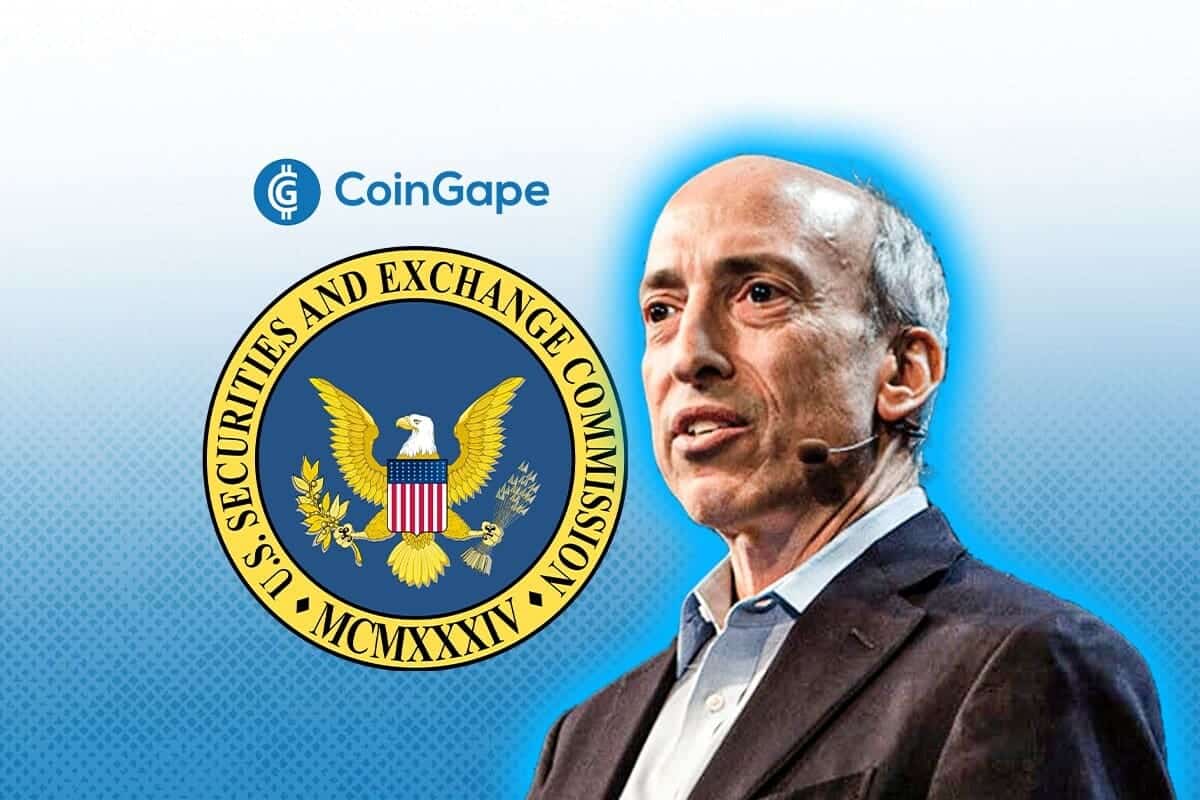
The U.S. Securities and Exchange Commission (SEC) has issued an order against Flyfish Club, LLC, for the unregistered sale of non-fungible tokens (NFTs). The decision has drawn criticism from within the agency itself, highlighting a growing divide over how NFTs and other digital assets should be regulated under U.S. securities laws.
SEC Takes Action Against Flyfish Club Over NFT Sales
The SEC has charged Flyfish Club, a New York-based company, for raising approximately $14.8 million through the sale of around 1,600 NFTs between August 2021 and May 2022. These NFTs were marketed as memberships that would grant holders exclusive access to a planned high-end dining club.
The regulatory agency’s enforcement action asserts that Flyfish’s NFTs qualify as securities under federal law due to their potential for resale at higher values and the possibility of earning passive income through leasing.
Some thoughts on NFTs being on the enforcement menu at the SEC: https://t.co/jw2trhSIo3 Order is here: https://t.co/R5gQUblatD
— Hester Peirce (@HesterPeirce) September 16, 2024
Based on these findings, the regulatory agency’s determined that Flyfish violated Sections 5(a) and 5(c) of the Securities Act of 1933 by failing to register these NFTs as securities. The order mandates that Flyfish cease and desist from future violations, pay $750,000 in civil penalties, and destroy all NFTs in its possession within ten days.
Dissenting Commissioners Criticize the Decision
However, not all within the US SEC agree with the crackdown. Commissioners Hester Peirce and Mark T. Uyeda issued a joint statement dissenting from the agency’s action, arguing that the NFTs in question were utility tokens rather than securities. According to Peirce and Uyeda, the Flyfish NFTs were designed to provide access to exclusive dining experiences, not as speculative investment vehicles. They contended that the regulatory agency’s reliance on the Howey Test—an assessment used to determine what qualifies as a security—was overly broad in this case.
Hester Peirce and Mark T. Uyeda further argued that the non-fungible tokens offered tangible benefits and that the potential for resale profit should not automatically bring them under the purview of securities law. They raised concerns that the Securities and Exchange Commission intervention might negatively impact NFT holders by complicating the transfer and sale of their memberships.
The commissioners also suggested that the regulatory agency should provide clearer guidelines to allow creators and businesses to innovate with non-fungible tokens without fear of regulatory action. They emphasized that NFTs are a new tool for creators, such as chefs and artists, to monetize their talents and create unique experiences, which should not be stifled by overly rigid regulatory interpretations.
Increasing Scrutiny on NFT and Crypto Platforms
The US SEC’s action against Flyfish Club is part of a broader crackdown on non-fungible tokens and other digital asset platforms. Recently, OpenSea, an NFT marketplace, received a Wells Notice from the regulatory agency, indicating potential legal action over allegations that the digital collectibles traded on its platform could be considered securities.
This follows similar regulatory scrutiny faced by other crypto platforms, such as Coinbase, Kraken, and Uniswap.
Subsequently, these actions have sparked criticism from various stakeholders, including lawmakers and industry experts, who argue that the regulatory agency’s approach under Chair Gary Gensler is overly aggressive. An upcoming congressional hearing titled “Dazed and Confused: Breaking Down the SEC’s Politicized Approach to Digital Assets” will feature testimony from former regulatory agency’s officials and industry leaders, providing further insights into the regulatory agency’s regulatory direction and its potential impact on the future of digital assets.
Disclaimer: The presented content may include the personal opinion of the author and is subject to market condition. Do your market research before investing in cryptocurrencies. The author or the publication does not hold any responsibility for your personal financial loss.
Regulation
Kraken Obtains Restricted Dealer Registration in Canada

Cryptocurrency exchange Kraken has obtained a Restricted Dealer registration in Canada. The registration comes after completing a pre-registration undertaking (PRU) process with Canadian authorities.
The exchange has also announced the appointment of Cynthia Del Pozo as its new General Manager for North America. Del Pozo will oversee Kraken’s growth initiatives in Canada.
Kraken Completes PRU Process In Canada
Kraken’s Restricted Dealer registration marks the completion of a thorough pre-registration undertaking (PRU) process with Canadian regulators. The registration places Kraken under the supervision of the Ontario Securities Commission (OSC). This oversight ensures users have access to secure crypto products within a properly regulated local ecosystem.
According to the Canadian Securities Administrators (CSA), the Restricted Dealer registration is one of eight firm registration types in Canada. This particular classification is used for firms that “do not quite fit under any other category.” It also comes with specific requirements and conditions set by securities regulators.
Kraken’s regulatory achievement comes during a period of change in the Canadian crypto sector. Just months earlier, competitor Gemini exchange announced its departure from the Canadian exchange market by the end of 2024. This was a move that surprised many and raised questions about cryptocurrency regulation clarity in the country.
Kraken Introduces New Canadian GM
Del Pozo has joined Kraken to lead its Canadian operations as the new General Manager for North America. She has nearly 15 years of experience in corporate development, operations, and fintech consulting. Del Pozo will help to guide Kraken’s expansion across Canada during this important phase of crypto’s development in the region.
“Canada is at a turning point for crypto adoption, with a growing number of investors and institutions recognizing digital assets as a vital part of the financial future. I’m thrilled to join Kraken’s mission at this critical moment, and to lead our expansion efforts, ensuring we continue to serve our clients long-term with innovative and compliant products,” said Del Pozo.
In her role, Del Pozo will focus on strengthening Kraken’s regulatory relationships and also scaling the company’s presence throughout North America.
Del Pozo also commented on the registration achievement: “This Restricted Dealer registration is testament to the high bar Kraken has always set for consumer protection, client service, and robust security. We’re excited to continue expanding our world-class investment platform and to deliver innovative products that provide real-world utility to Canadians.”
The Exchange’s Continued Growth In Canada
Over the past two years, the cryptocurrency exchange has shown steady expansion in Canada while working through the PRU process with regulators. During this period, the exchange has doubled its team size and monthly active users.
According to the official blog post figures, the firm now has more than $2 billion CAD in total client assets under custody. Kraken has also increased support for some of the most popular cryptocurrencies. It provides several CAD spot trading pairs that enable Canadians to trade crypto without paying expensive foreign exchange fees.
According to Innovative Research Group’s 2024 Investor Survey, 30% of Canadian investors currently own or have owned cryptocurrencies. Likewise, a KPMG Canada survey discovered that 30% of Canadian institutional investors now have exposure to cryptocurrencies, which means widespread adoption across investor types.
Disclaimer: The presented content may include the personal opinion of the author and is subject to market condition. Do your market research before investing in cryptocurrencies. The author or the publication does not hold any responsibility for your personal financial loss.
Regulation
USDC Issuer Circle Set To File IPO In April, Here’s All

USDC issuer Circle is reportedly set to file its initial public offering (IPO) in April as part of the firm’s plans to finally go public. The stablecoin issuer is allegedly already working with top financial institutions to achieve this move.
Circle To File IPO In Late April
According to a Fortune report, Circle is looking to file its IPO in late April, although the listing period remains uncertain. The report noted that when a company files to go public, its shares usually begin trading four weeks later, indicating that the listing could occur in May. However, there is also a scenario where the IPO process could drag on for months.
The stablecoin issuer is reportedly working with investment banks JPMorgan Chase and Citi to achieve its long-anticipated IPO. The firm had previously tried to go public in 2021 under a SPAC arrangement with a shell company.
The US SEC failed to sign off on this arrangement back then, and the company eventually scrapped these IPO plans by the end of 2022 when the crypto exchange FTX collapsed and the broader crypto market experienced a downturn.
Revelation about Circle’s IPO plans comes just days after the stablecoin issuer partnered with NYSE’s parent company to explore USDC’s use in traditional finance (TradFi). Meanwhile, the USDC stablecoin recently launched in Japan following approval from the country’s regulator. Notably, USDC is the first and only global dollar stablecoin approved under Japan’s stablecoin framework.
An Easier Path Now For The Stablecoin Issuer
Circle will likely face less resistance for its IPO plans under the current SEC administration. Under acting Chair Mark Uyeda, the Commission has shown its willingness to work hand in hand with crypto firms, which was missing under Gary Gensler’s administration.
US SEC Chair nominee Paul Atkins has also shown his willingness to change the approach that Gensler’s administration adopted towards crypto firms. During his nomination hearing, the SEC Chair nominee promised to prioritize providing regulatory clarity for the industry.
Circle’s IPO listing would be the biggest since the top crypto exchange Coinbase went public in 2021. Interestingly, Coinbase owns an equity stake in the crypto firm.
The firm’s USDC is currently the second-largest stablecoin by market cap, only behind Tether’s USDT. The stablecoin industry is heating up as more financial institutions look to develop their own stablecoin.
Donald Trump’s World Liberty Financial recently revealed plans to launch its USD1 stablecoin, while asset manager Fidelity is also considering doing so.
Disclaimer: The presented content may include the personal opinion of the author and is subject to market condition. Do your market research before investing in cryptocurrencies. The author or the publication does not hold any responsibility for your personal financial loss.
Regulation
Japan Set To Classify Cryptocurrencies As Financial Products, Here’s All

Cryptocurrency investors in Japan are bracing for impact following a plan to reclassify digital assets as financial products. While the plan has elicited excitement from cryptocurrency enthusiasts in the Far East, the ambitious plan will have to scale several legislative hurdles.
Japan Targets Reclassification Of Cryptocurrencies As Financial Products
According to a report by Nikkei, Japan’s Financial Services Agency (FSA) is inching toward classifying cryptocurrencies as financial products. Per the report, the FSA intends to achieve the reclassification via an amendment to the Financial Instruments and Exchange Act.
Currently, digital assets in Japan are considered crypto assets conferred with property rights and seen as payment means. Under the FSA’s plans, cryptocurrencies in Japan will be treated as financial products in the same manner as traditional financial products.
The FSA says it will adopt a slow and steady approach toward the reclassification, carrying out “a private expert study group” to test the waters. If everything goes according to plan, the FSA will submit the amended bill to Parliament in early 2026.
The classification of cryptocurrencies as financial products will have far-reaching consequences for the local ecosystem. Experts say treating cryptocurrencies as financial products will bring Japan closer to a crypto ETF launch amid a changing regulatory landscape.
Furthermore, the move may lower current cryptocurrency taxation for local investors since existing capital market rules will apply to the asset class.
A Fresh Bill For Crypto Insider Trading Is Underway
Apart from the reclassification, the FSA disclosed plans for new legislation against insider trading. The move flows treating cryptocurrencies as financial products and will strengthen existing investor protection rules.
“It is a direction to establish a new insider trading regulation that prohibits trading based on unpublished internal information,” said the FSA. “We will develop laws to prevent unfair transactions.”
However, Japan’s cryptocurrency scene is heating up to a boil, driven by local and international players. Last week, stablecoin issuer Circle secured approval from the FSA for USDC with top exchanges set to list the stablecoin.
Japan’s Metaplanet has tapped Eric Trump to join its Strategic Board of Advisors as it continues to load up Bitcoin.
Disclaimer: The presented content may include the personal opinion of the author and is subject to market condition. Do your market research before investing in cryptocurrencies. The author or the publication does not hold any responsibility for your personal financial loss.
-

 Market20 hours ago
Market20 hours agoBNB Price Faces More Downside—Can Bulls Step In?
-

 Regulation14 hours ago
Regulation14 hours agoKraken Obtains Restricted Dealer Registration in Canada
-
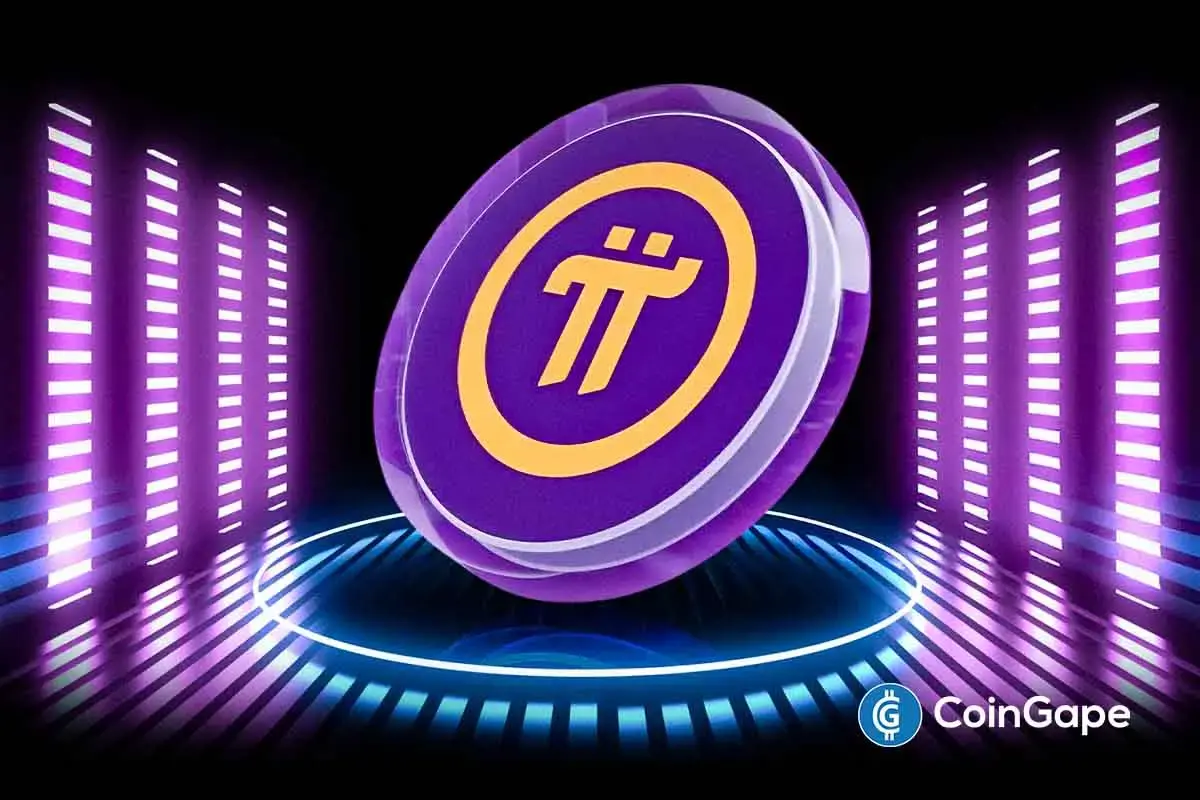
 Altcoin21 hours ago
Altcoin21 hours agoPi Network Faces Community Backlash, Is Pi Coin Price Heading to Zero?
-

 Market21 hours ago
Market21 hours agoVanEck Sets Stage for BNB ETF with Official Trust Filing
-

 Bitcoin20 hours ago
Bitcoin20 hours agoTokenized Gold Market Cap Tops $1.2 Billion as Gold Prices Surge
-

 Market24 hours ago
Market24 hours agoEthereum Price Approaches Resistance—Will It Smash Through?
-
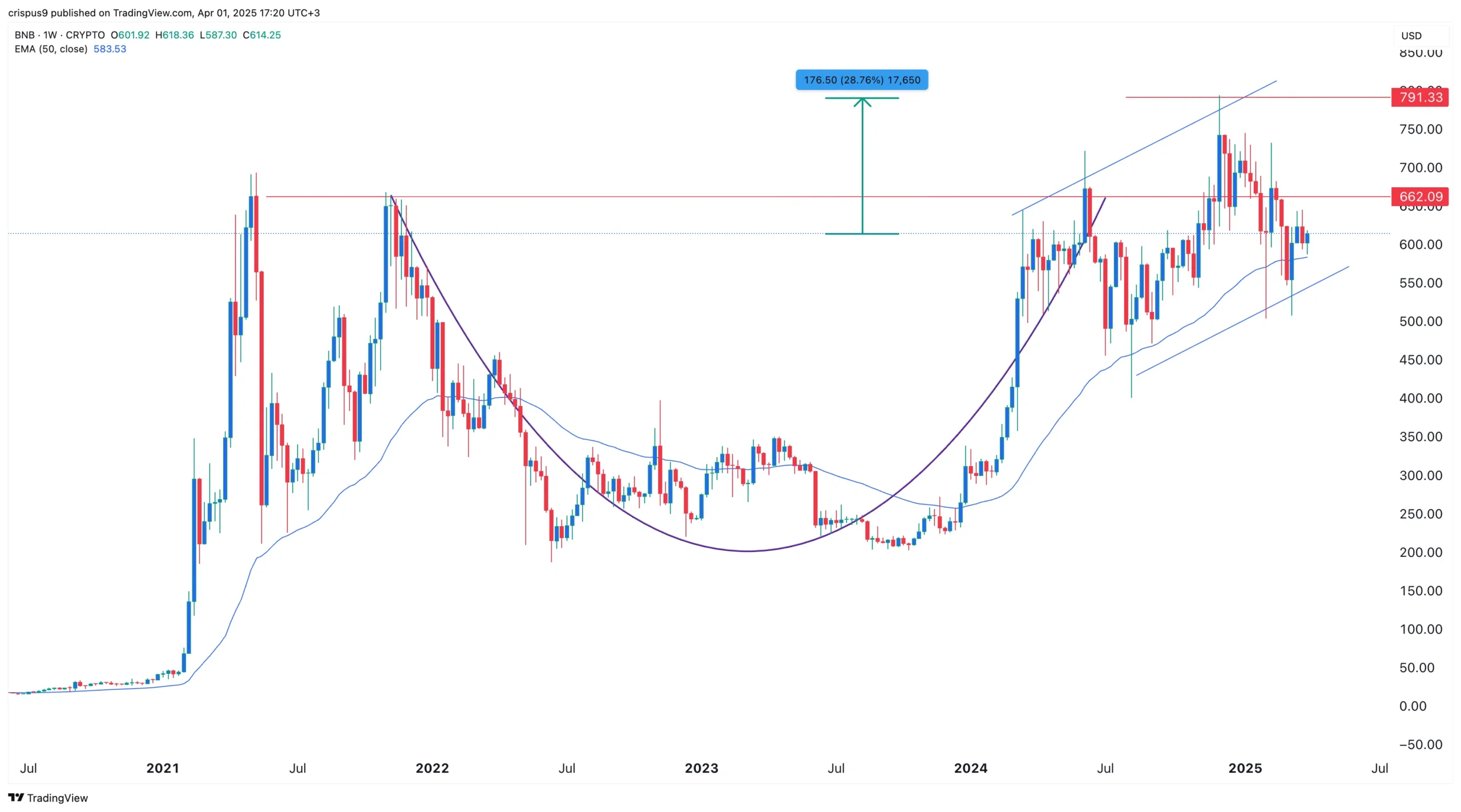
 Altcoin23 hours ago
Altcoin23 hours agoWill BNB Price Rally to ATH After VanEck BNB ETF Filing?
-

 Bitcoin16 hours ago
Bitcoin16 hours agoLummis Confirms Treasury Probes Direct Buys





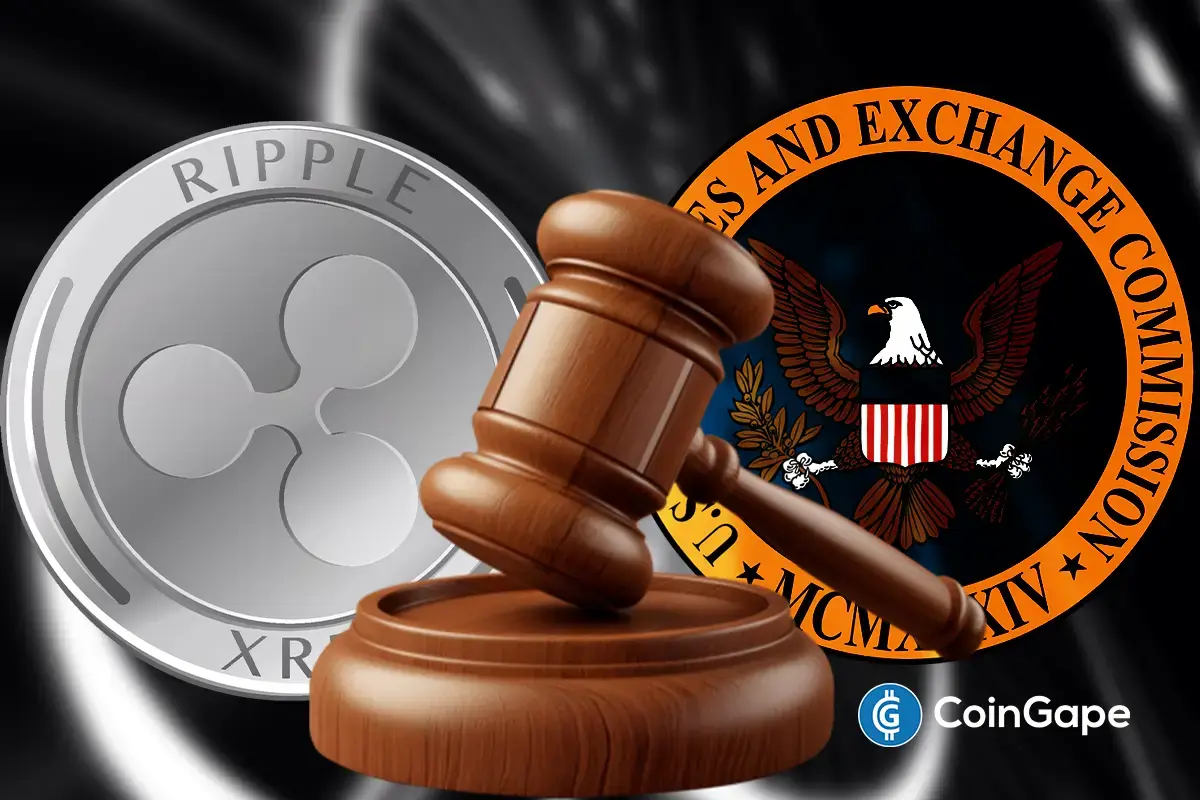



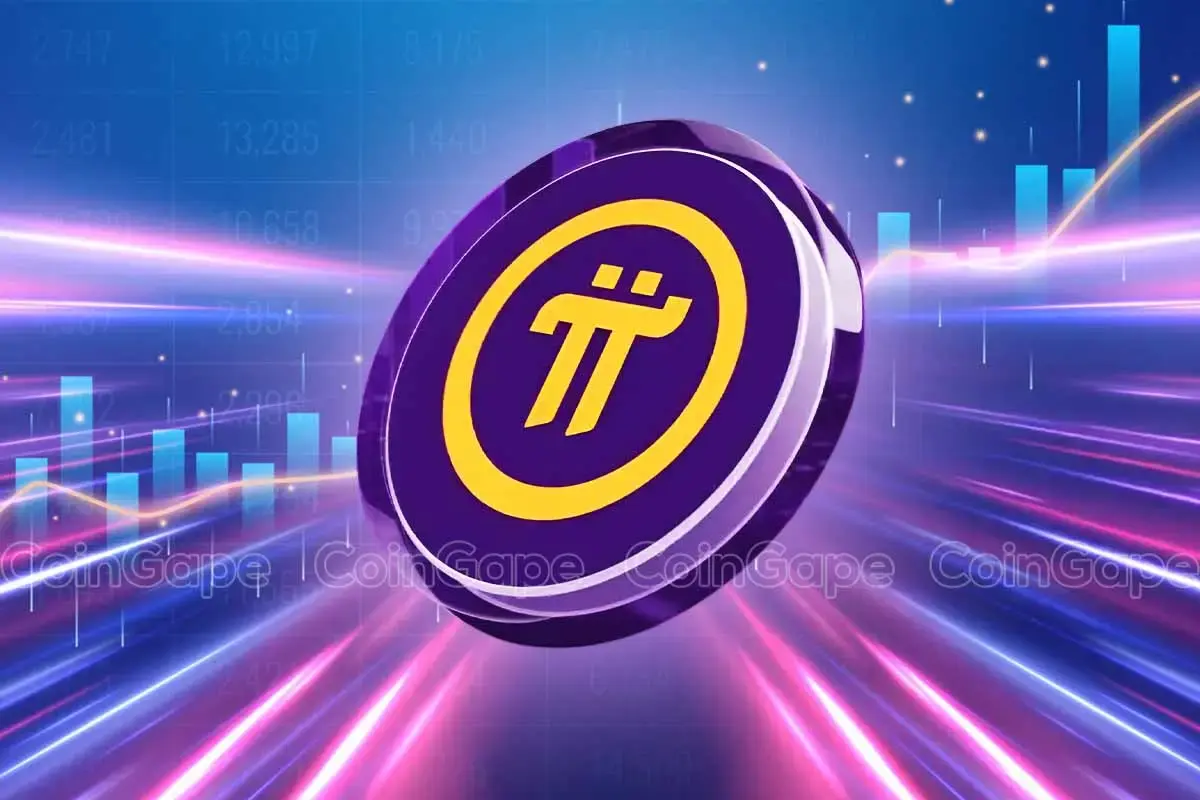










✓ Share: